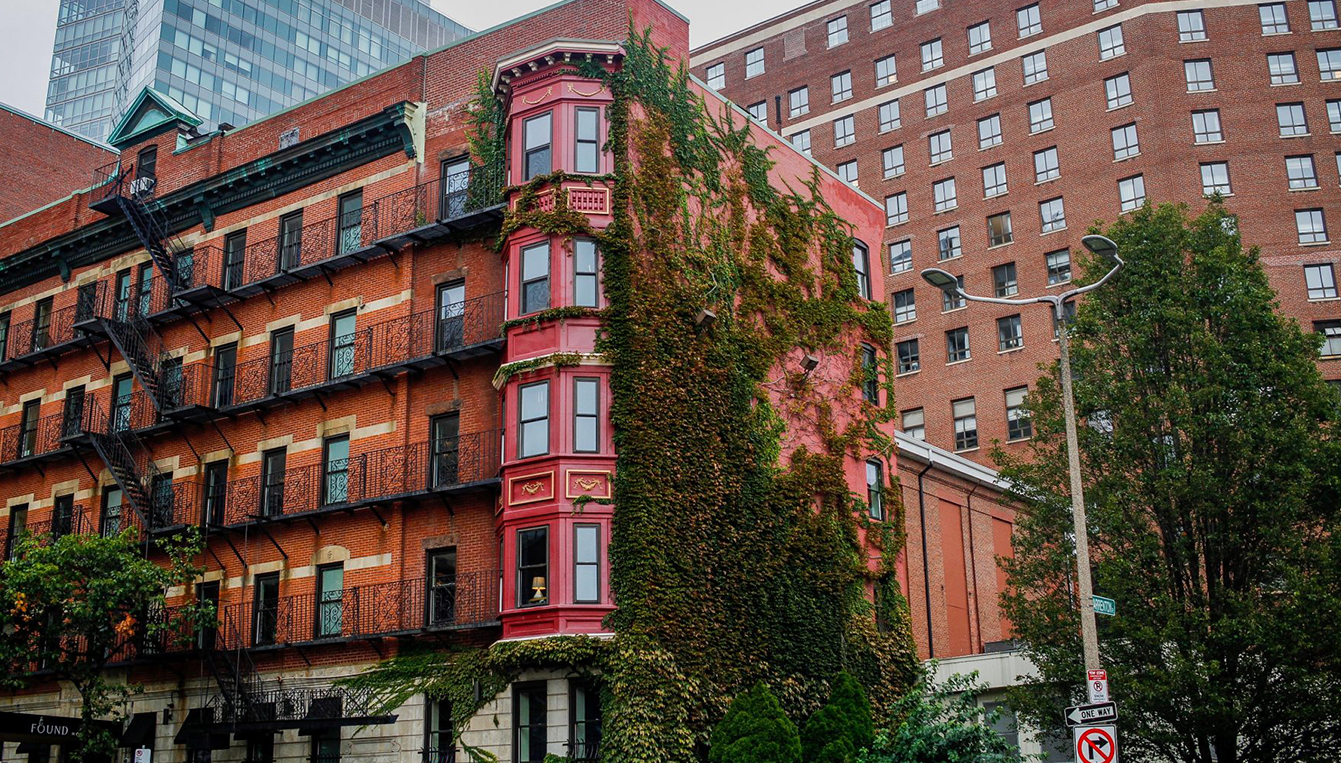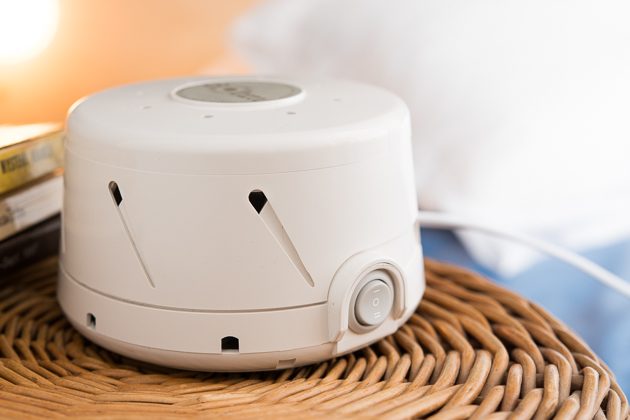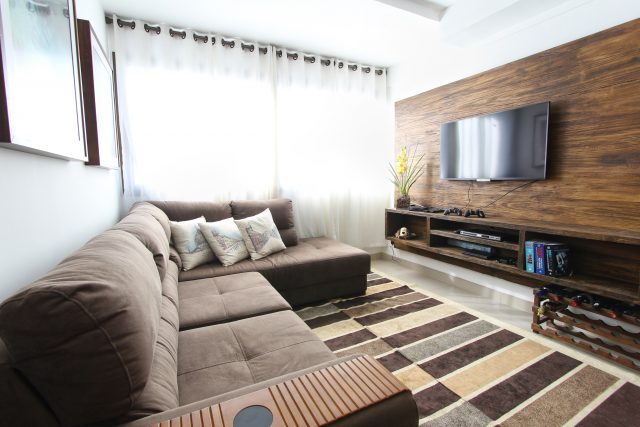Nicole Cuff
K-12 Education | Market Leader
Principal

I often read articles or listen to podcasts that include common misconceptions in sound, and thought I would write about the ones I see most frequently. The singularly quickest, most helpful, and CHEAPEST thing you CAN do to hear your neighbors less at home is to increase your ambient sound – this could be playing music you enjoy, buying a white noise machine, or turning on your TV. The most challenging acoustic isolation is in rooms with very low background noise levels next to rooms with high background noise levels – if your background noise level at home does not need to be very low in particular, and can be louder, then you can make the adjacent noises less prominent. A similarly helpful action is to make sure that any opening to your neighbors that can be closed is closed – windows, doors, or patch any gaps in the walls or floors.

Some acoustic strategies I’ve heard of and would like to redirect include:
Instead of applying absorptive material to ceilings to hear upstairs neighbors walking less – foam panels, spray foam or insulation (where adding absorption will reduce reverberant noise (sound from the footsteps that echoes in the space), but doesn’t actually reduce the noise coming inside) TRY making friends with your neighbor and encourage them to put in a medium pile carpet instead of hardwood – or offer to buy it for them. (I know, not the easiest, but this is the most acoustically effective and least expensive solution if at all possible.) Carpet flooring versus hardwood flooring is a dramatic improvement in reduction from walking noise transmitting to the floor below. The main culprit when footsteps are audible in residences is the building itself, NOT the people – installing carpet flooring or upgrading the floor/ceiling construction in other ways reduces noise dramatically. OR TRY to increase the ambient sound in your house with something you enjoy.

Instead of hanging heavy curtains to reduce outdoor traffic or air-conditioner noise (where adding curtains will reduce reverberant noise (sound that echoes in the space), but doesn’t actually reduce or block the noise coming inside)TRY making sure your windows are closed tightly, locked and well-sealed. If they are all those things, increase the ambient sound in your house with something you enjoy. (OR the more costly but long term, and effective solution could be adding a glass layer inside of the window, or replacing the window altogether with a higher sound isolation rating.)

Instead of applying foam or felt to the underside of the ceiling or behind furniture to reduce hearing people in nearby rooms (where foam and felt are generally both poor sound absorbers) TRY making sure your doors are closed tightly and well-sealed. A good way to check if sound can pass through your door is to see if light can pass through – keep the light off in one room and turn the light on in the adjacent room – if light is visible, then sound will pass through! And also TRY increasing the ambient sound in your house with something you enjoy.
These are low-cost, no-construction guidelines not meant to apply to every situation, where sound is nuanced, but we hope that these help illuminate some common questions in general – and we are here to help with the next level up suggestions!